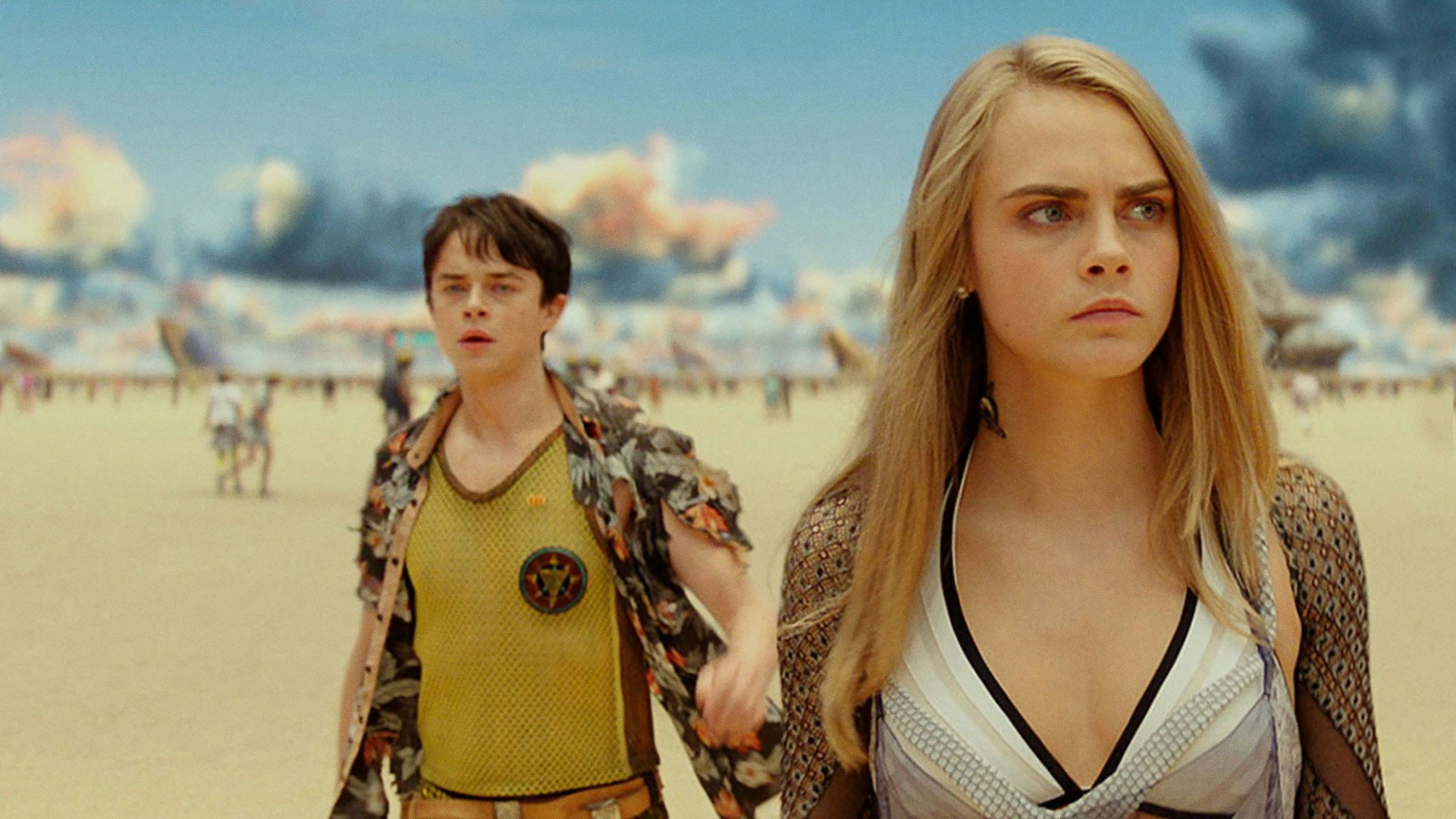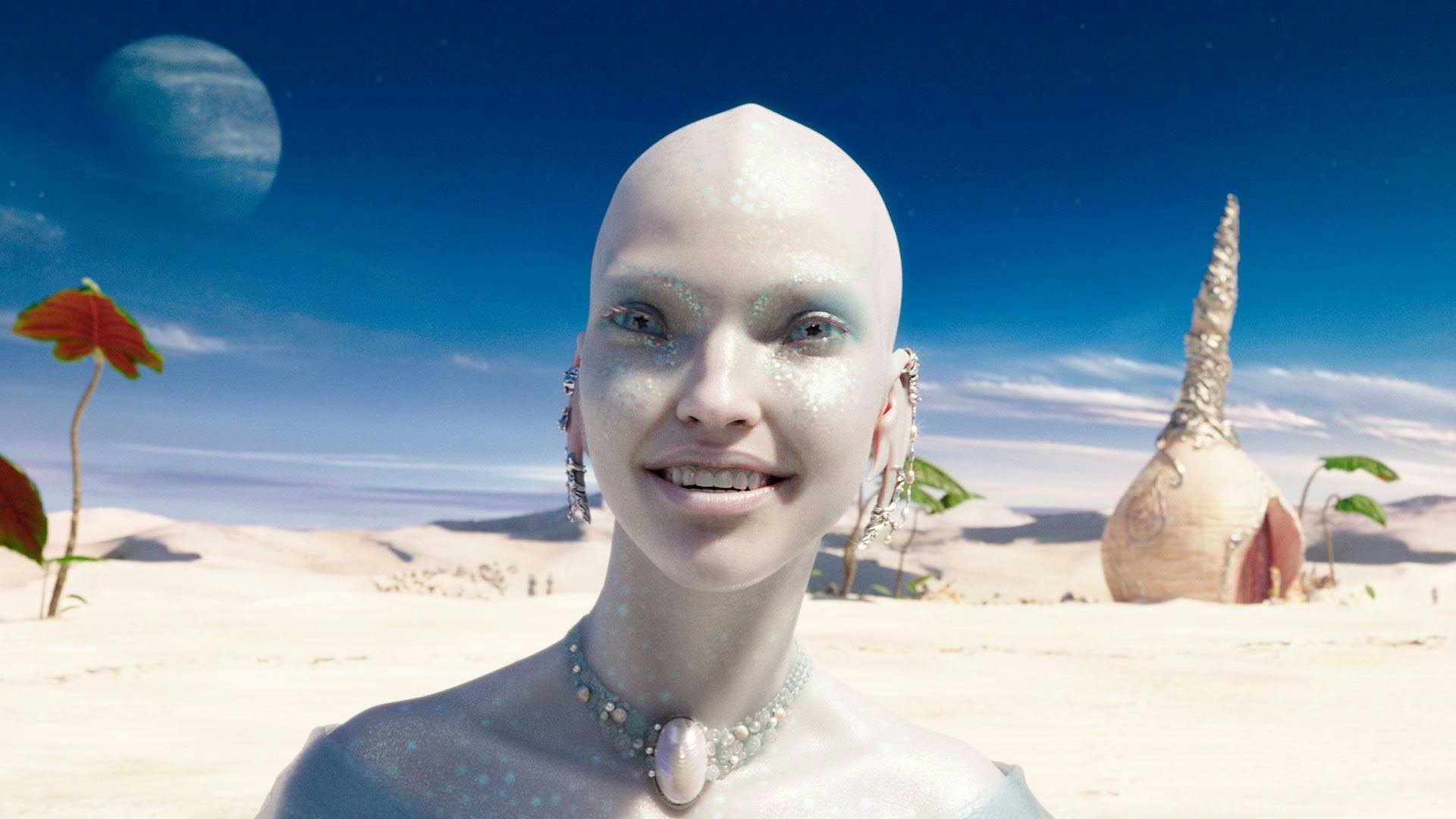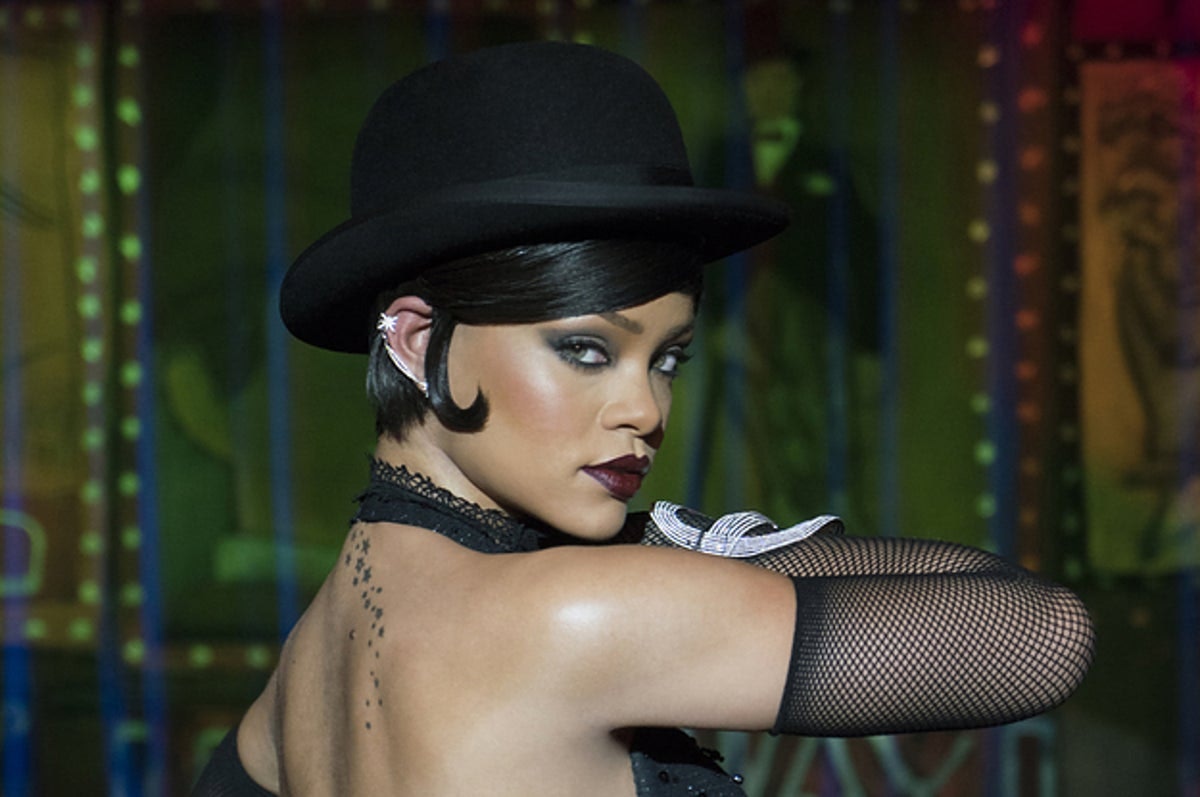
We’re so starved for original blockbusters that the bar for what qualifies as “original” has been lowered to the floor. 2022’s two highest-grossing films, Top Gun: Maverick and Avatar: The Way of Water, are sequels. Neither is anything new. But they aged just enough to smell fresh to audiences: both films outperformed Marvel’s annual slate of sequels, none of which hit the global $1 billion mark and are thus catastrophic failures in the eyes of Kevin Feige.
Breathe the free air, people: Marvel’s grip on the blockbuster blueprint is loosening. There’s room for original blockbusters to thrive anew. Not that Marvel has totally squelched other blockbusters in the last decade — the Fast and Furious franchise and several Mission: Impossible sequels would like a word — but there is little question of Marvel’s dominance over Hollywood culture and what productions executives were comfortable greenlighting.
Luc Besson’s Valerian and the City of a Thousand Planets isn’t a Hollywood movie. Let the record show it’s the priciest European movie ever made, clocking in at $223 million with a $226 million return. The narrative behind Valerian’s box office bellyflop writes itself: the film needed to recoup too much money, the source material was literally and figuratively foreign to the wide audience needed to rake in adequate cash, and Dane DeHaan is a cyanide pill mistaken for a lead actor.
It’s true that Chronicle, DeHaan’s breakout, made wads of money on a tiny budget. In fact, most of the movies he appeared in throughout the early 2010s made money, from modest (The Place Beyond the Pines, Lawless) to massive (The Amazing Spider-Man 2). But it’s also true that he wasn’t the lead actor in those movies, and yet once casting directors got it in their heads that he was a hot commodity, he started showing up in movies that inevitably tanked (somehow, A Cure for Wellness maintains a staunch cult following to this day).
The temptation to blame DeHaan alone for Valerian and the City of a Thousand Planet’s fumble is strong. But Besson bit off more than he could chew in adapting Valérian and Laureline, the 1960s French comic series from Pierre Christin and Jean-Claude Mézières; influence aside, the title lacks mainstream recognition. The film was always a tough pitch. That it turned out tougher than anyone might have guessed in July of 2017 is unsurprising, but also a shame.
Valerian begins in the 2700s in a largely dialogue-free sequence set to David Bowie’s “Space Oddity.” Humanity has made nice with alien races across the galaxy, and together they build up the International Space Station to such girth that the platform, redubbed Alpha, is treated as a hub for species unending.

Alpha is a nifty, high-tech, utopian-minded place; the unity innate to its existence is even moving, perhaps more so post-2021 than in 2017. But the station isn’t without its problems, which is why it has a police force, and this is where viewers meet Valerian (DeHaan) and his partner, Sergeant Laureline (Cara Delevigne), who suffers his immature nonsense with stoic brush-offs.
Valerian and Laureline find themselves caught in a mystery related to the annihilation of a peaceful alien civilization as they carom from one delightfully bizarre backdrop to the next, meeting extraterrestrials ranging from wondrous to terrible, and generally experiencing a level of invention unseen in few films of its time and scope. Valerian is a riot of CGI excess. Picture A New Hope’s famous cantina scene, then stretch it to 130 minutes; that’s the film in summation.
Watching Valerian once isn’t enough. Even twice won’t do it justice. There’s only so much time for moviegoing, and there are so many movies; selling the average viewer on sitting down with a bomb like this one for repeat screenings is tough. But modern blockbusting has been so thoroughly and apathetically scrubbed of anything resembling artistic stamps or even basic creativity that the chance to experience the cavalcade of escalating weirdness is worth taking more than once. You may ask what Valerian has in store for the uninitiated. The better question is: what doesn’t it have?

Behemoth sea cows ferrying man-sized jellyfish in their blowholes; breakneck chase scenes seamlessly cutting through one brilliant alien environ after another; a tribe of ogreish brutes who like their human brains served with a spritz of lemon; an array of extraterrestrials diverse enough to wring a tear of pride from Wayne Barlowe’s eye; a popping alien market operating out of a mirror-plane; and Bubble (Rihanna), a shape-shifting exotic dancer under the custodianship of her crusty, mascara-smeared space-pimp, Jolly (Ethan Hawke, naturally). Valerian puts no cap on its imagination. The universe is the limit, and even that’s up for negotiation.
There may be a correlation between the movie’s bottomless sack of dazzling visuals and awesome creature designs, and Delevigne’s superb performance as Laureline; the more outré material Besson layers on Valerian, the more she’s galvanized into playing things straight, a steel-jawed foil to the director’s joyful abandon. She’s the most special effect of all, frankly, which is high praise given that the movie is a two-hour sermon on the virtues of good computer effects. A world like Alpha can’t be constructed through practical means; a movie like Valerian can’t exist without new technology. Even as the tide seems to be turning on the modern blockbuster, the lessons learned in this film’s execution are worth remembering. Besson doesn’t hold back. He tosses everything on screen at once and lets the results speak for themselves.
Valerian and the City of a Thousand Planets is streaming on Amazon.







